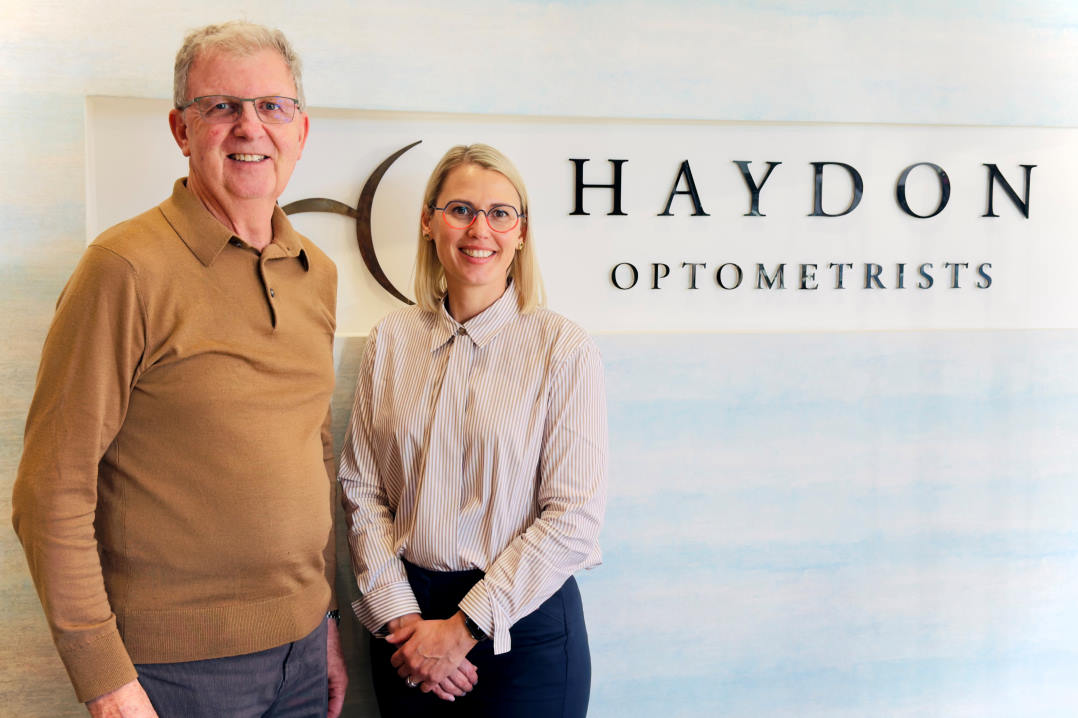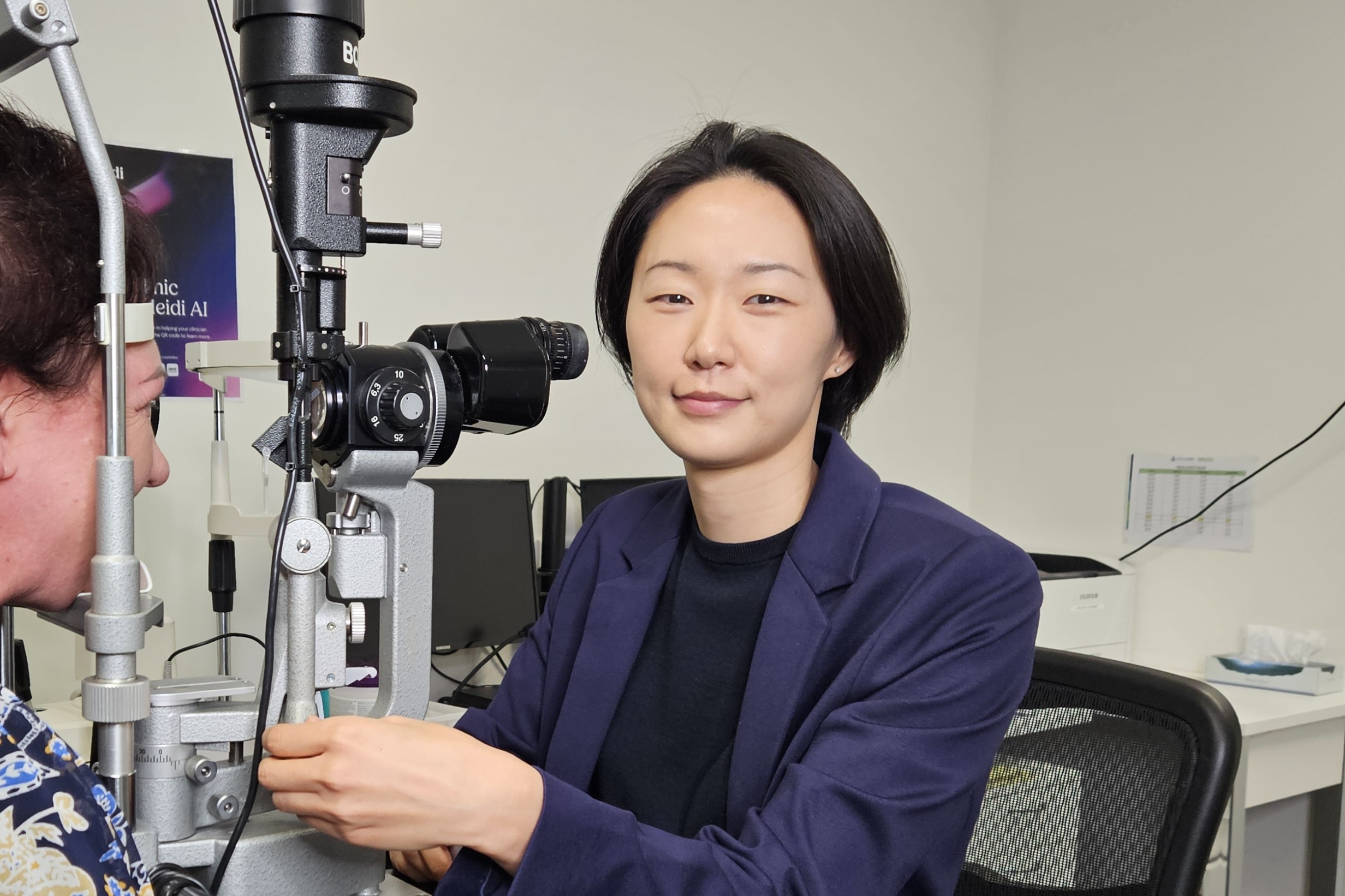Dark bedrooms for better health
Even moderate artificial light exposure during sleep harms heart health and increases insulin resistance, a US study found.
Professor Phyllis Zee, chief of sleep medicine in the Ken and Ruth Davee Department of Neurology, Northwestern Medicine, said the study demonstrates that just a single night of exposure to moderate room lighting during sleep can impair glucose and cardiovascular regulation – risk factors for heart disease, diabetes and metabolic syndrome.
There is already evidence that daytime light exposure increases heart rate via activation of the sympathetic nervous system, which heightens alertness to meet the challenges of the day, said Prof Zee. “Our results indicate that a similar effect is also present when light exposure occurs during night-time sleep.” Investigators found insulin resistance occurred the morning after people slept in a light room, which the pancreas compensates with more insulin, eventually raising blood sugar.
An earlier study published in JAMA Internal Medicine looked at a large population of healthy people who had exposure to light during sleep. They were more overweight and obese, said Prof Zee, adding that glucose regulation might be fundamental to explaining why.
The participants in the study, sleeping in 100 lux (moderate light) or three lux (dim light) over a single night, were unaware of any biological changes. “But the brain senses it,” said co-author Dr Daniela Grimaldi, assistant professor of neurology in the Division of Sleep Medicine. “It acts like the brain of somebody whose sleep is light and fragmented.”
Tips for better sleep include: keeping lights off in the room (if children or seniors need a light, make it a dim one close to the floor); choosing an amber, red or orange light for the bedroom, which is less stimulating for the brain; avoiding white or blue light; using blackout shades or eye masks if it’s impossible to control the outdoor light; and moving the bed away from direct outdoor light. “If you’re able to see things really well, it’s probably too light,” Dr Zee concluded.
























